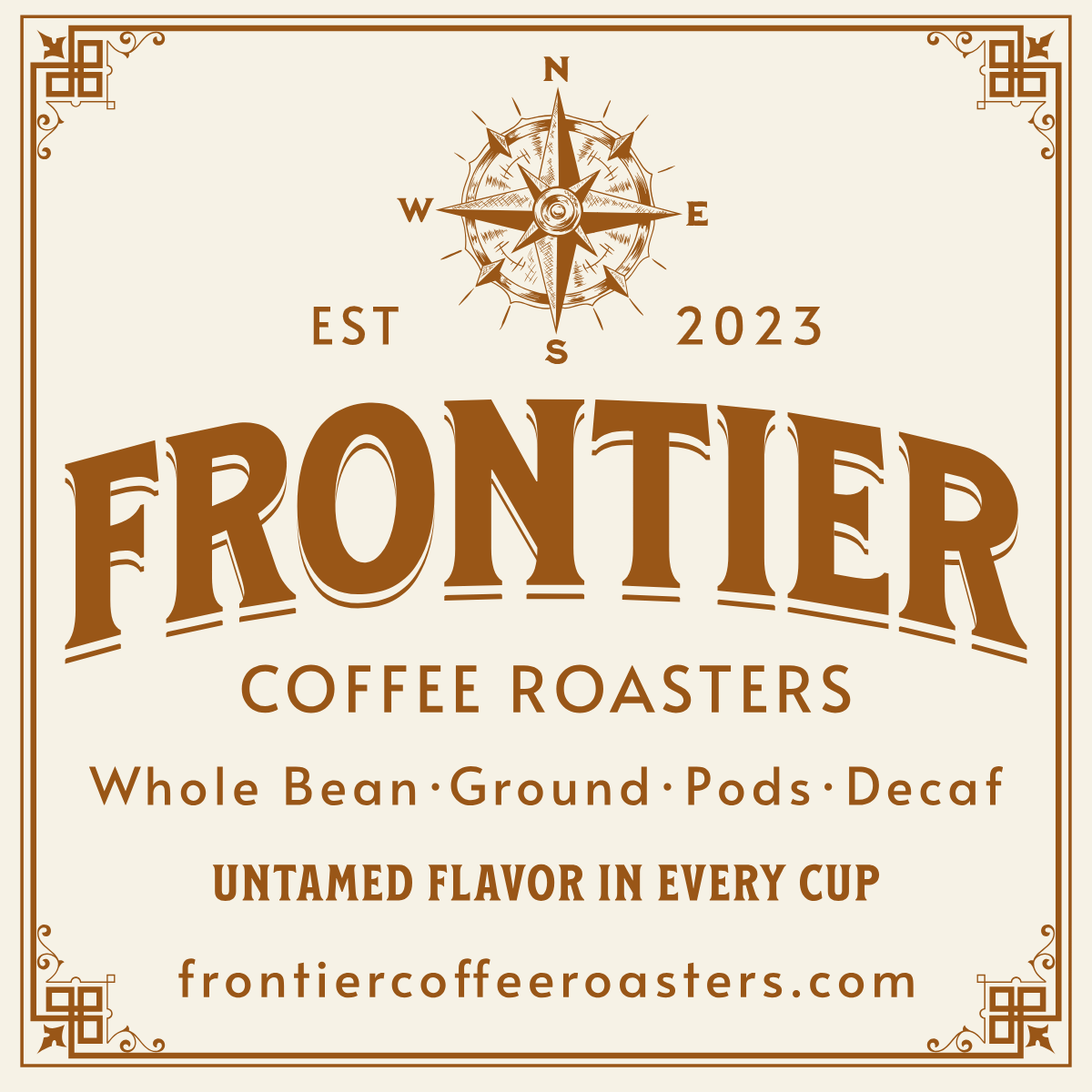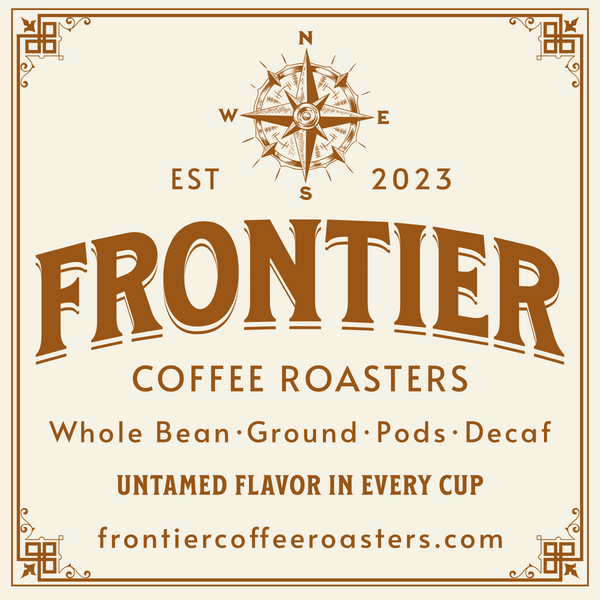
A Comparative Review: Small Batch Coffee vs. Large-Scale Coffee
Small batch coffee has become a beloved choice among coffee enthusiasts seeking unique, high-quality flavors. But how does it truly compare to large-scale coffee production? For home brewers and coffee lovers, understanding the differences can elevate the coffee experience and guide purchasing decisions. There are core distinctions between artisan coffee and large-scale coffee, highlighting their production methods, flavor profiles, sustainability, and impact on the coffee community.
Defining Small Batch Coffee and Large-Scale Coffee
At its core, small batch refers to coffee roasted in limited quantities, often by artisanal roasters. These batches typically prioritize quality over quantity, emphasizing precision and care during the roasting process. Small batch roasters often experiment with roasting profiles to bring out the best characteristics of the beans.
In contrast, large-scale coffee production involves roasting massive quantities of coffee, often for commercial brands or chains. The focus here is consistency and volume, which often comes at the expense of nuanced flavors. While large-scale coffee is widely accessible and affordable, it lacks the handcrafted appeal that defines small batch roasting.
Production Techniques: Artisanal vs. Industrial
Craft coffee production is typically a hands-on process. Roasters use smaller machines, allowing for greater control over temperature, timing, and roast levels. This meticulous approach ensures each bean is roasted to highlight its unique origin characteristics, such as fruity, floral, or nutty notes.
Large-scale coffee production, on the other hand, relies on industrial roasting equipment designed to process thousands of pounds of coffee at once. While efficient, this method often standardizes the roasting process, diminishing the unique traits of individual beans. The goal is consistency across all batches, which can lead to a "one-size-fits-all" flavor profile.
Flavor Profiles and Quality
One of the most notable differences between specialty coffee and large-scale coffee is the flavor experience. Small batch roasters often source high-quality, single-origin beans. These beans are roasted to emphasize their unique tasting notes, resulting in vibrant, complex flavors. For coffee enthusiasts, this means each cup tells a story of its origin, from the volcanic soils of Ethiopia to the high-altitude farms of Colombia.
Large-scale coffee, however, often blends beans from multiple regions to achieve a uniform taste. This blending dilutes the distinctiveness of each origin, leading to a less dynamic flavor profile. Additionally, mass-produced coffee may include lower-grade beans, further impacting quality.
Freshness Matters
Freshness is another area where small batch coffee outshines its large-scale counterpart. Small batch roasters often roast to order, ensuring the coffee reaches consumers at its peak freshness. This is crucial for preserving the intricate flavors of freshly roasted beans.
In contrast, large-scale coffee is often roasted weeks or even months before it reaches store shelves. The extended storage time can lead to stale coffee, sacrificing flavor and aroma for convenience.
Community and Culture
Small batch coffee roasters frequently cultivate a sense of community. They often host tastings, workshops, and events that bring coffee lovers together. This personal connection between roasters and consumers fosters a deeper appreciation for the craft and creates a loyal customer base.
In contrast, large-scale coffee brands focus on mass marketing and distribution, prioritizing convenience over connection. While this approach makes coffee accessible to a broader audience, it lacks the intimate, personal touch that defines the small batch experience.
The Cost Factor
Artisan coffee is typically more expensive than large-scale coffee due to its higher production costs and focus on quality. For home brewers, this cost can be seen as an investment in superior flavor and ethical sourcing.
Large-scale coffee, by contrast, offers affordability and convenience, making it an attractive option for those on a budget. However, this lower price often reflects compromises in quality, freshness, and sustainability.
Why Home Brewers Prefer Small Batch Coffee
Home brewers who prioritize flavor, freshness, and ethical considerations often gravitate toward specialty coffee. The ability to experiment with brewing techniques, such as pour-over or AeroPress, highlights the nuanced flavors of small batch roasts. Additionally, supporting small roasters aligns with values of sustainability and community building.
Large-scale coffee, while convenient, may not offer the same depth of experience. For those seeking a quick, affordable option, it serves its purpose. However, it lacks the craftsmanship and flavor complexity that many home brewers crave.
The Future of Coffee Production
As coffee culture evolves, the demand for craft coffee continues to grow. Consumers are increasingly valuing quality, sustainability, and transparency over mass production. This shift presents an opportunity for small roasters to thrive while encouraging large-scale producers to adopt more ethical and sustainable practices.
Crafting a Better Cup with Frontier Coffee Roasters
For coffee lovers who crave both artisan quality and unforgettable flavor, Frontier Coffee Roasters delivers with expertly roasted small batch coffee. By emphasizing freshness and carefully curated flavor profiles, we make sure every cup is a journey worth savoring.
Experience the difference that true craftsmanship makes—coffee made for enthusiasts who appreciate every detail. To learn more about our process and passion, visit the small batch coffee hub.

